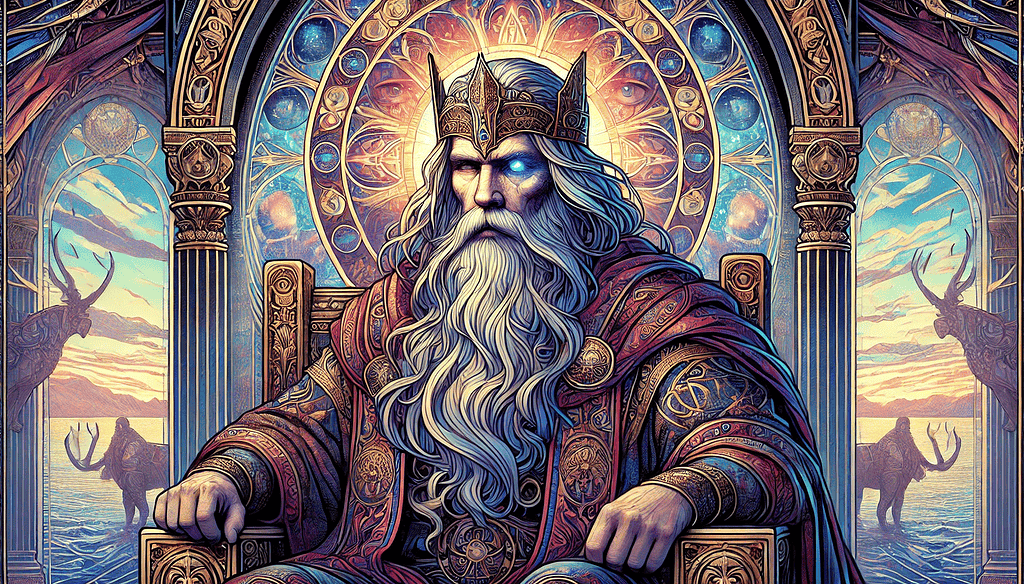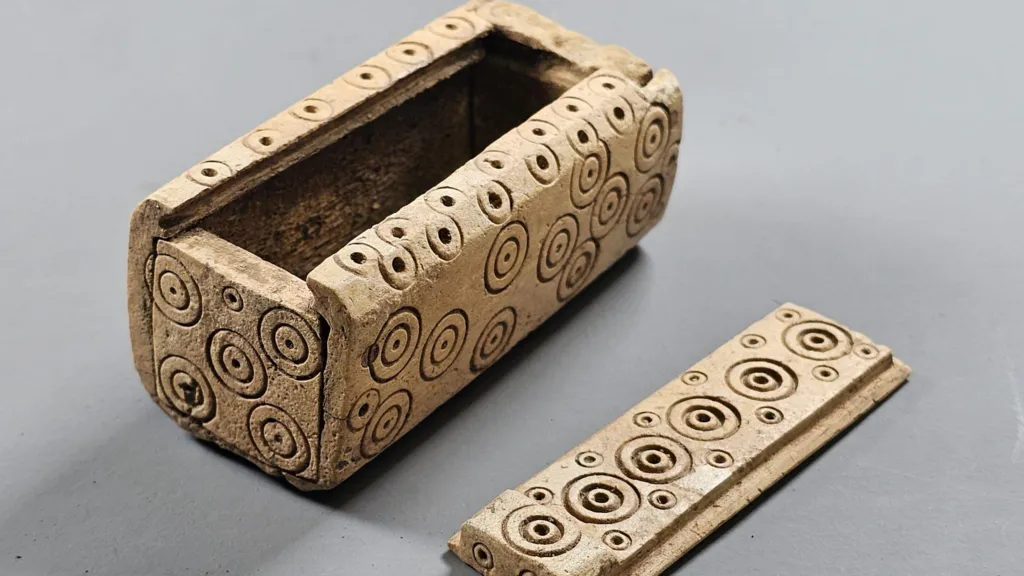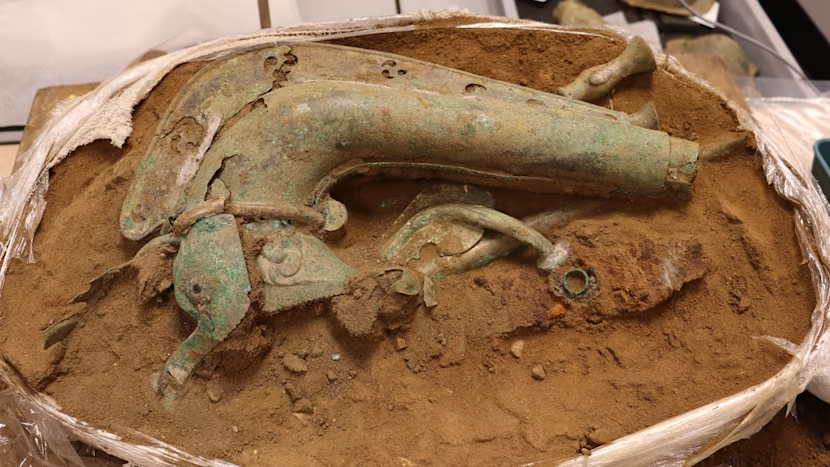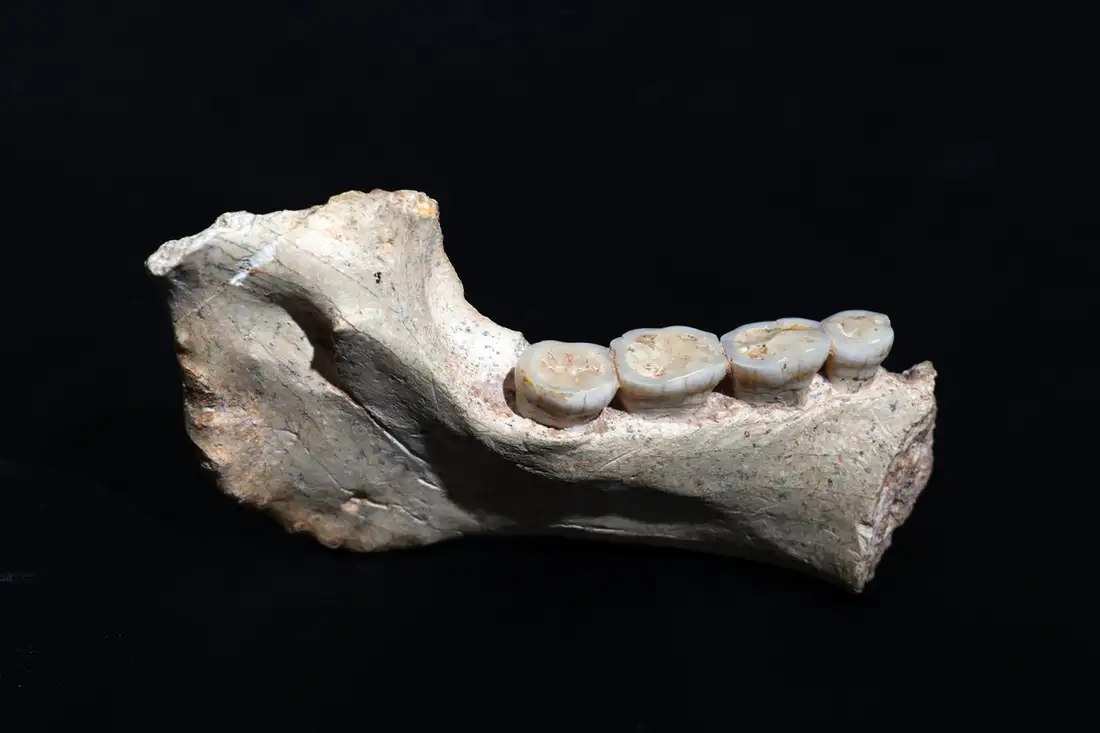Odin, often hailed as the Allfather, holds a central position in Norse mythology as a complex and multifaceted deity. He is revered as a god of wisdom, war, and death, embodying qualities that deeply influenced Viking culture and society.
Odin: The God of Wisdom
Wisdom is perhaps Odin’s most celebrated trait. He is known for his relentless pursuit of knowledge, even willing to make great personal sacrifices to gain it. According to myths, Odin sacrificed one of his eyes to drink from Mímir’s well, a source of profound wisdom. This pursuit reflects the high value Vikings placed on intelligence, foresight, and strategic thinking, not just in battle but in everyday life. Odin’s association with runes symbols believed to hold magical and mystical knowledge further emphasizes his role as a source of guidance and enlightenment.
Odin: The God of War
Odin is equally recognized as a formidable god of war. Unlike deities who embody mere brute strength, Odin represents the strategic and psychological dimensions of conflict. He is believed to inspire and lead warriors, guiding them to victory or, at times, to honorable death in battle. Vikings saw him as a figure who rewarded courage and valor, motivating them to face the dangers of combat with bravery. Through Odin, warriors were reminded that success in battle required both physical skill and mental acumen.
Odin: The God of Death
In addition to wisdom and war, Odin holds dominion over death and the afterlife. He presides over Valhalla, the hall of slain warriors, where those who die heroically in battle are welcomed. This belief reinforced the Viking idea of an honorable death, where dying courageously could secure eternal glory. Odin’s connection to death also underscores his role in shaping the moral and spiritual ideals of Norse society, guiding humans to live lives worthy of remembrance.
Influence on Viking Culture
Odin’s worship permeated many aspects of Viking life. His multifaceted nature encompassing knowledge, courage, and mortality offered a model for personal conduct and societal values. From strategic decisions in warfare to the pursuit of knowledge and the contemplation of mortality, Odin’s presence shaped Viking behavior and thought. Rituals, sacrifices, and stories about him strengthened social cohesion and provided spiritual guidance.
Conclusion
Odin’s role in Norse mythology goes far beyond that of a conventional deity. As the Allfather, he represents the intertwined forces of wisdom, war, and death, offering a powerful framework for understanding the Viking worldview. His influence helped define cultural ideals, inspiring courage, intelligence, and a contemplative awareness of life and mortality.






